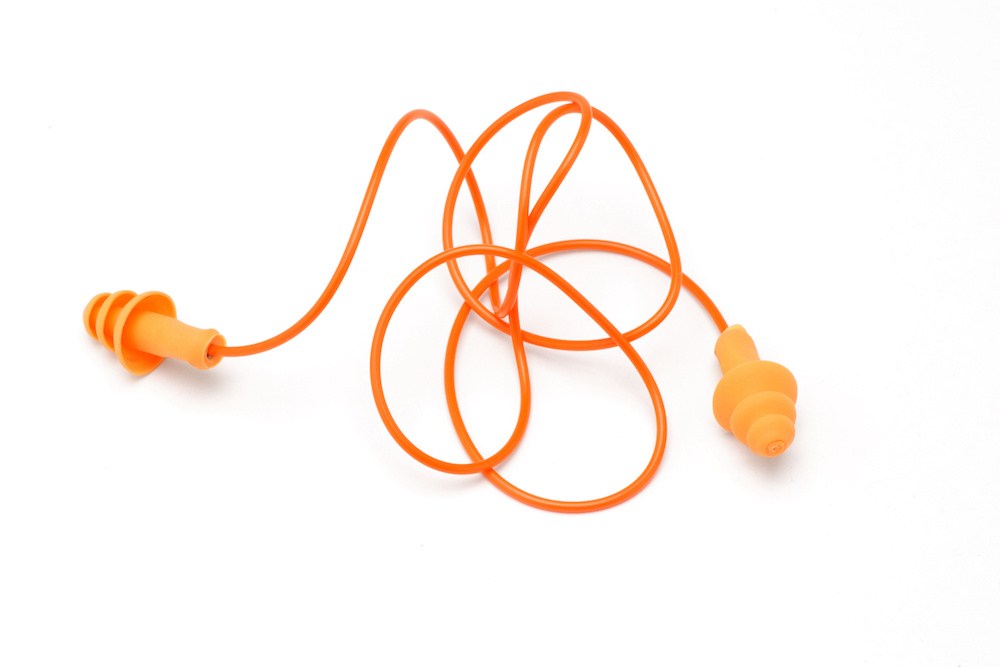Did you realize that high blood pressure can also increase your risk of developing age-related hearing loss?
Age-related hearing loss usually begins to manifest in your 40s, 50s, or 60s. You most likely won’t even notice your developing hearing loss even though it’s a permanent condition. Usually, it’s the consequence of many years of noise-related damage. So how is hearing loss caused by hypertension? The blood vessels inside of your ears and your blood vessels in general can be damaged by high blood pressure.
Blood pressure and why it’s so significant
Blood pressure is a measure of how rapidly blood moves through your circulatory system. When the blood moves faster than normal it means you have high blood pressure. Over time, this can result in damage to your blood vessels. These blood vessels that have been damaged lose their elasticity and often become blocked. A blockage can lead to a stroke or other cardiovascular issues. Healthcare professionals usually pay very close attention to a patient’s blood pressure because of this.
So, what is regarded as high blood pressure?
The general ratings for blood pressure include the following:
- Normal: 120/8o
- Stage 1 Hypertension: 130-139/80-89
- Stage 2 Hypertension: 140 or Higher/90 or higher
When your blood pressure goes as high as 180/120, it’s considered a hypertensive crisis. Immediate management is needed when this happens.
How is hearing loss caused by hypertension?
Hypertension can cause widespread damage to your blood vessels, including the blood vessels in your ear. As these blood vessels get damaged, it’s likely that the nerves in your ear also suffer lasting damage. Additionally, high blood pressure can negatively affect the stereocilia in your ear (the little hairs responsible for sensing vibrations). These stereocilia are not able to self-regeneration, so any damage they sustain is permanent.
This means that damage to the ears, no matter the cause, can result in irreversible hearing loss. Studies found that people who have healthy blood pressure readings tend to have a much lower prevalence of hearing loss. Individuals who have hearing loss are more likely to have higher blood pressure. The findings of the research make clear that keeping your blood pressure under control can help you prevent the impacts of hearing loss.
What does high blood pressure make your ears feel like?
Normally, the symptoms of high blood pressure are barely noticeable. So-called “hot ears” aren’t an indication of high blood pressure. What are hot ears? It’s a symptom in which your ears feel warm and grow red. Hot ears are normally caused by changes in blood flow due to hormonal, emotional, and other issues not related to blood pressure.
High blood pressure can sometimes worsen symptoms of tinnitus. But if your tinnitus was being caused by high blood pressure, how would you know? The only way to know for sure is to speak with your doctor. Tinnitus generally isn’t a symptom of high blood pressure. There’s a reason that high blood pressure is frequently referred to as “the silent killer”.
Most people notice high blood pressure when they go in for an annual exam and have their vitals taken. It’s a good reason to be certain you don’t miss those regular appointments.
How is high blood pressure managed?
Usually, there are many factors that contribute to high blood pressure. That’s why lowering blood pressure may call for a variety of strategies. In general, you should talk with your primary care doctor to lower your blood pressure. That management might look like the following:
- Avoid sodium: Keep your eye on the amount of sodium in your food, particularly processed foods. Find lower sodium alternatives when possible (or stay away from processed foods when you can).
- Diet changes: Your blood pressure can be lowered by eating a Mediterranean diet. Eat more fruits and vegetables and abstain from things like red meat.
- Get more exercise: Getting regular exercise (or simply moving around on a regular basis) can help lower your overall blood pressure.
- Take medication as prescribed: In some cases, high blood pressure can’t be addressed with diet and exercise alone. In those instances, (and even in situations where lifestyle changes have worked), medication might be needed to help you control your hypertension.
You and your primary care provider will establish a treatment plan to address your blood pressure. Can hearing loss as a result of high blood pressure be reversed? The answer depends. There is some evidence to suggest that lowering your blood pressure can help restore your hearing, at least partially. But it’s also likely that at least some of the damage incurred will be irreversible.
Your hearing will have a better chance of recovering if you treat your blood pressure quickly.
Safeguarding your hearing
You can protect your hearing in other ways besides lowering your blood pressure. Here are a few ways:
- Talk to us: Any existing hearing loss can be preserved and early detection will be possible by getting regular hearing screenings.
- Wear hearing protection: Earmuff, earplugs, and even noise canceling headphones can help you safeguard your hearing.
- Avoiding loud venues and events: Try to steer clear of overly loud noises where you can, as these noises can cause damage to your ears. If these places are not entirely avoidable, limit your time in loud environments.
We can help you maintain your hearing into the future, so book an appointment right away.



